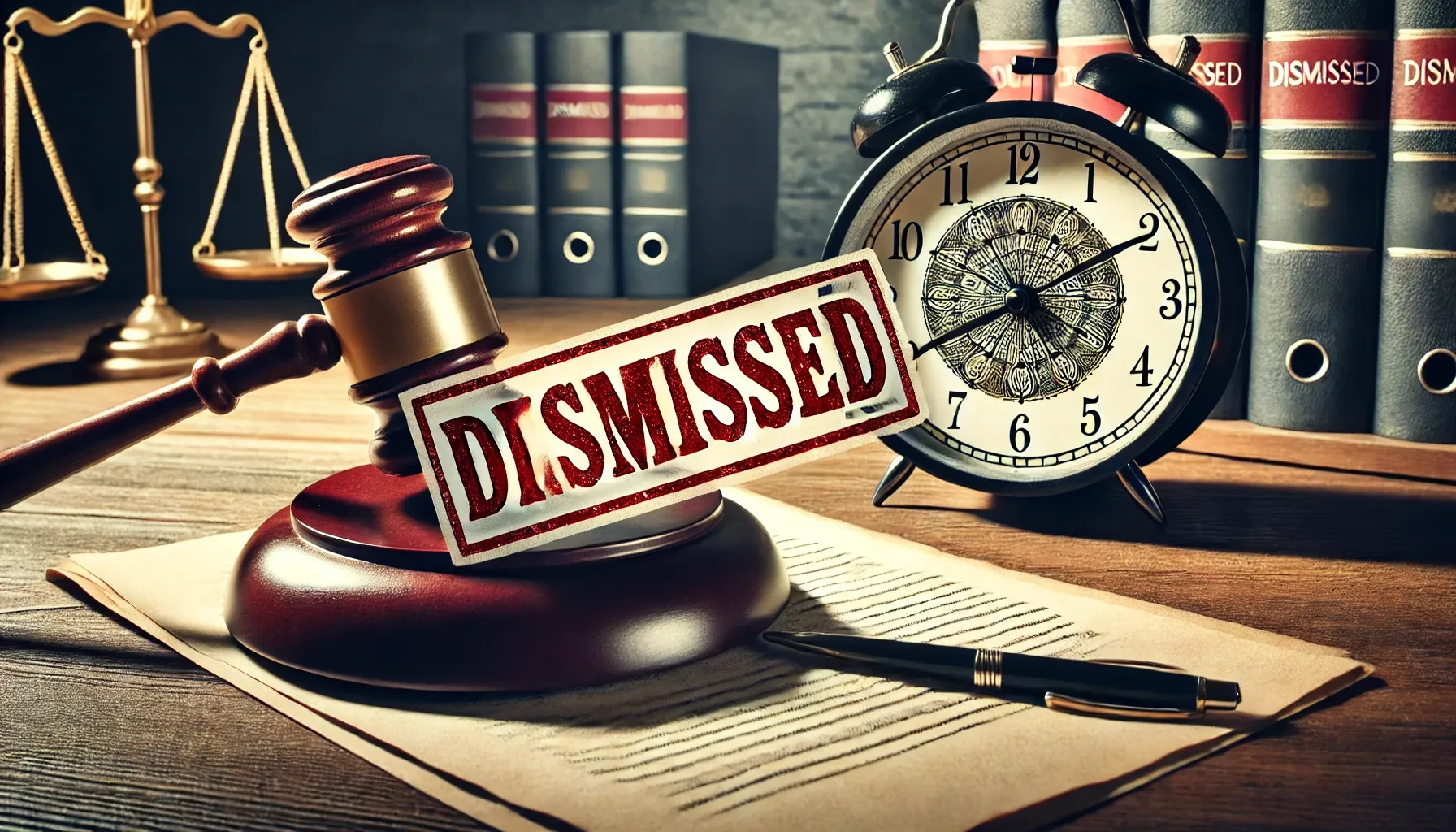A symbolic depiction of a legal document stamped "Dismissed," a clock symbolizing deadlines, and a stack of case files, emphasizing the importance of adhering to limitation periods in appeals.

In a landmark ruling aimed at enforcing procedural discipline, the Supreme Court of India has held that litigants seeking condonation of delay in filing appeals must provide a clear and specific explanation for not filing within the prescribed limitation period. The Court emphasized that merely justifying delays after the limitation period’s expiry is insufficient. This ruling aims to address systemic inefficiencies and underscores the need for accountability, particularly in cases involving excessive delays. The judgment, which dismissed the State of Madhya Pradesh’s appeal for condonation of a 5-year delay, sets a high bar for demonstrating sufficient cause for delays.
Key Observations by the Supreme Court
- The Court stressed that litigants must justify their actions from the first day of the limitation period, not just after its expiry.
- The bench, comprising Justice JB Pardiwala and Justice R. Mahadevan, stated:
- "The sufficient cause must establish that because of some event or circumstance arising before the limitation expired, it was not possible to file the appeal within time."
- Events occurring after the expiration of the limitation period are irrelevant when evaluating the cause of the delay.
The Case in Focus: State of Madhya Pradesh v. Ramkumar Choudhary
- The State of Madhya Pradesh sought condonation for a 5-year delay in filing a second appeal.
- The bench rejected the plea, observing that the state failed to provide a satisfactory explanation for not filing the appeal within the initial limitation period.
- The Court relied on Ajit Singh Thakur Singh v. State of Gujarat (AIR 1981 SC 733) to reaffirm the principle that sufficient cause must relate to the period before the limitation expires.
A Caution for Government Officials
- The Court criticized the bureaucratic inefficiency often responsible for delays in government appeals.
- It directed that government officers causing such delays must face penalties, emphasizing the need for institutional accountability.
Significance of the Ruling
- Encourages Procedural Discipline: Litigants are encouraged to adhere strictly to prescribed timelines, ensuring timely appeals.
- Prevents Misuse of Provisions: By demanding detailed justifications, the Court aims to prevent misuse of delay condonation provisions, especially by government entities.
- Strengthens Judicial Efficiency: The ruling balances access to justice with the need for procedural rigor and efficiency.
Case Title : State of Madhya Pradesh v. Ramkumar Choudhary
Attachment:




